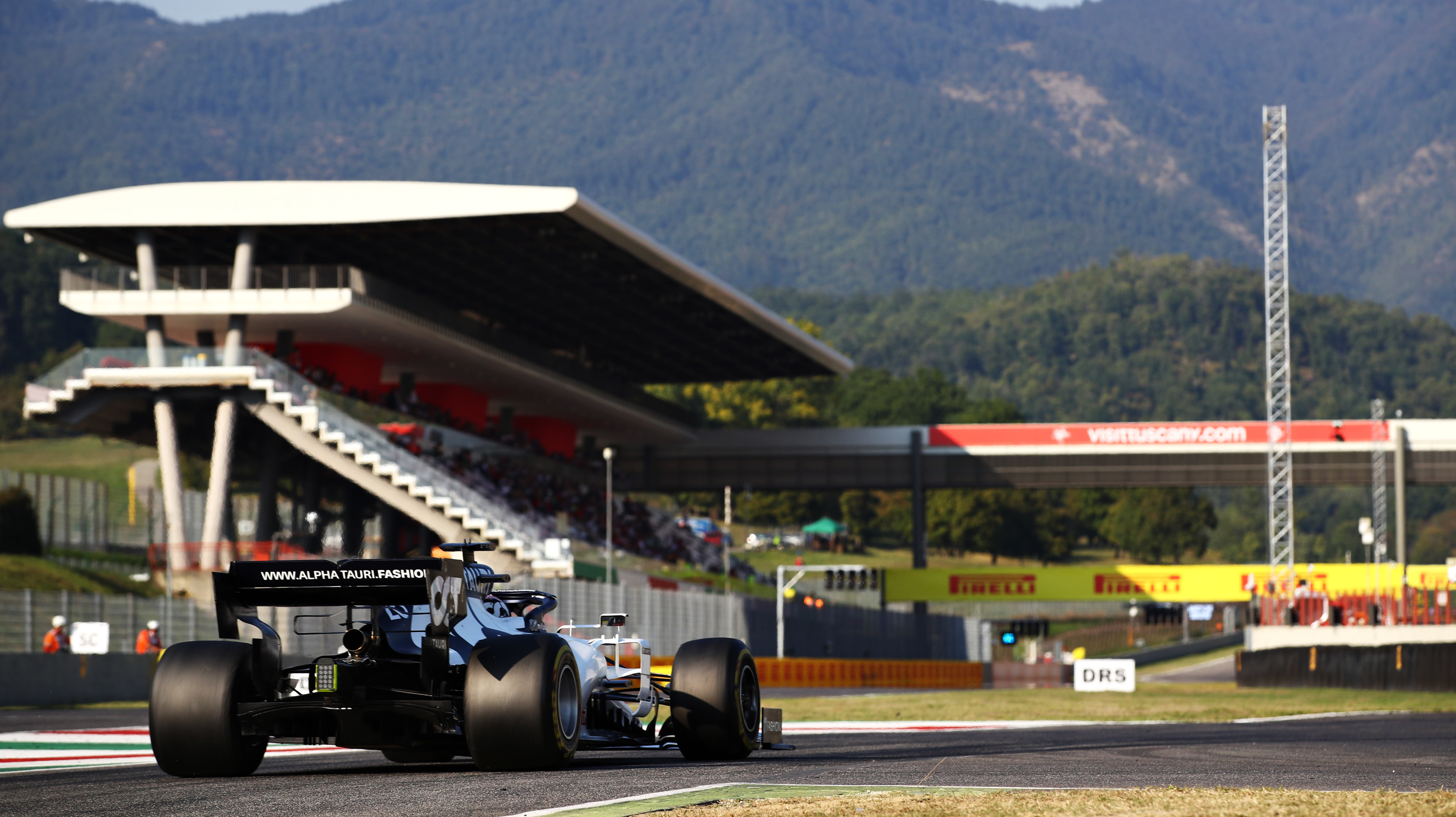How Coronavirus Safety Protocols Are Impacting F1 Teams' Track Preparation
Formula One is a series that's pretty much dictated by overpreparedness and attention to even the tiniest details. So, what are you supposed to do when a global pandemic wipes out your best laid plans, forcing you to roll into races at track you've never contested with nothing to prepare you for the inevitable chaos? The answer largely comes down to hope.
A recent Autosport article by Luke Smith really dives into what it's like to deal with COVID-19's restrictions from a team perspective. Mercedes track engineering director Andrew Shovlin offers a lot of perspective about what things look like from the preparedness standpoint.
Basically, the next four races on F1's calendar weren't originally scheduled for 2020, and most of them are tracks that F1 hasn't raced on in a hell of a long time—if at all. If you don't know you're going to race at those tracks, you can't build a car during the offseason that can contest them, and you can't log practice laps on a simulator.
Ideally, the F1 drivers themselves will be the ones logging sim laps. But that's not the case this year. From Shovlin:
We've got a bit of a backlog of new circuits this year.
You normally you deal with one or two. There's an awful lot of additional work that you do with those new tracks. And ideally, you'll get the drivers there to drive the simulator.
But that's getting increasingly hard with all the restrictions on COVID, because the exemptions only apply to a race weekend. You're not exempt just because you're in F1—it's only specifically for the race events.
That means that reserve drivers or development drivers are tasked with practicing sim laps, gathering data, and building a setup. Which is fine. But Stoffel Vandoorne grinding away on a simulator is a hell of a lot different than Valtteri Bottas actually getting in the car for the first time in a race weekend.
Shovlin touches on other unknowns, such as weather. Hosting a race at the Nurburgring in October, for example, presents a big climatic question mark. It's certainly going to be cool, but how cold, exactly? Will it sprinkle rain? Will it pour? Will it get cold enough to expect snow? Teams can't really make those calls yet.
Make sure to check out the Autosport article for the rest from Shovlin.
